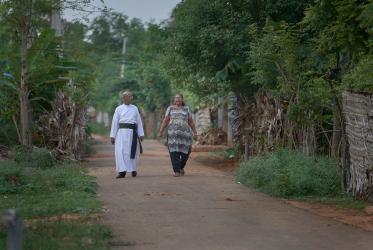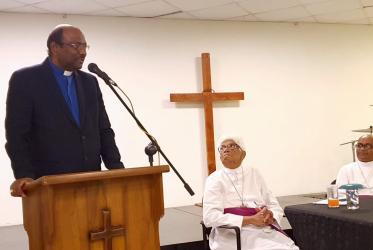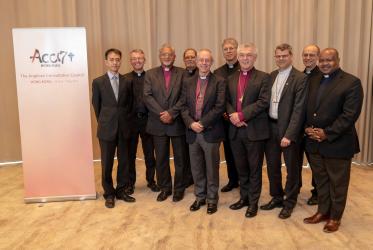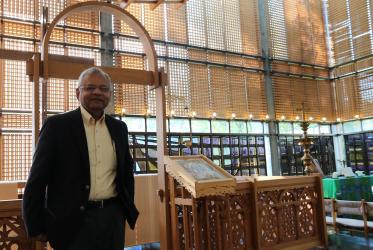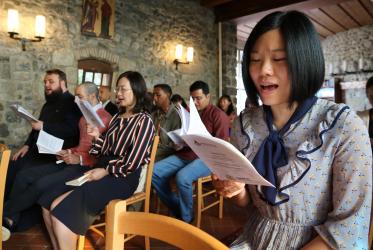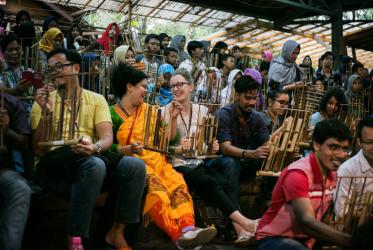Displaying 1 - 20 of 31
17 November 2023
Unity is key when health crisis poses new challenges in Asia
28 February 2022
Peacemakers at work in Sri Lanka
29 April 2019
New students welcomed at WCC Bossey Ecumenical Institute
13 September 2018
Youth in Asia can now apply for WCC inter-religious training
15 February 2018
GEM school ends with hope for a better tomorrow
08 September 2016
L’École GEM s’achève sur l’espérance d’un avenir meilleur
08 September 2016
A just financial and economic architecture is possible, students find
08 September 2016

